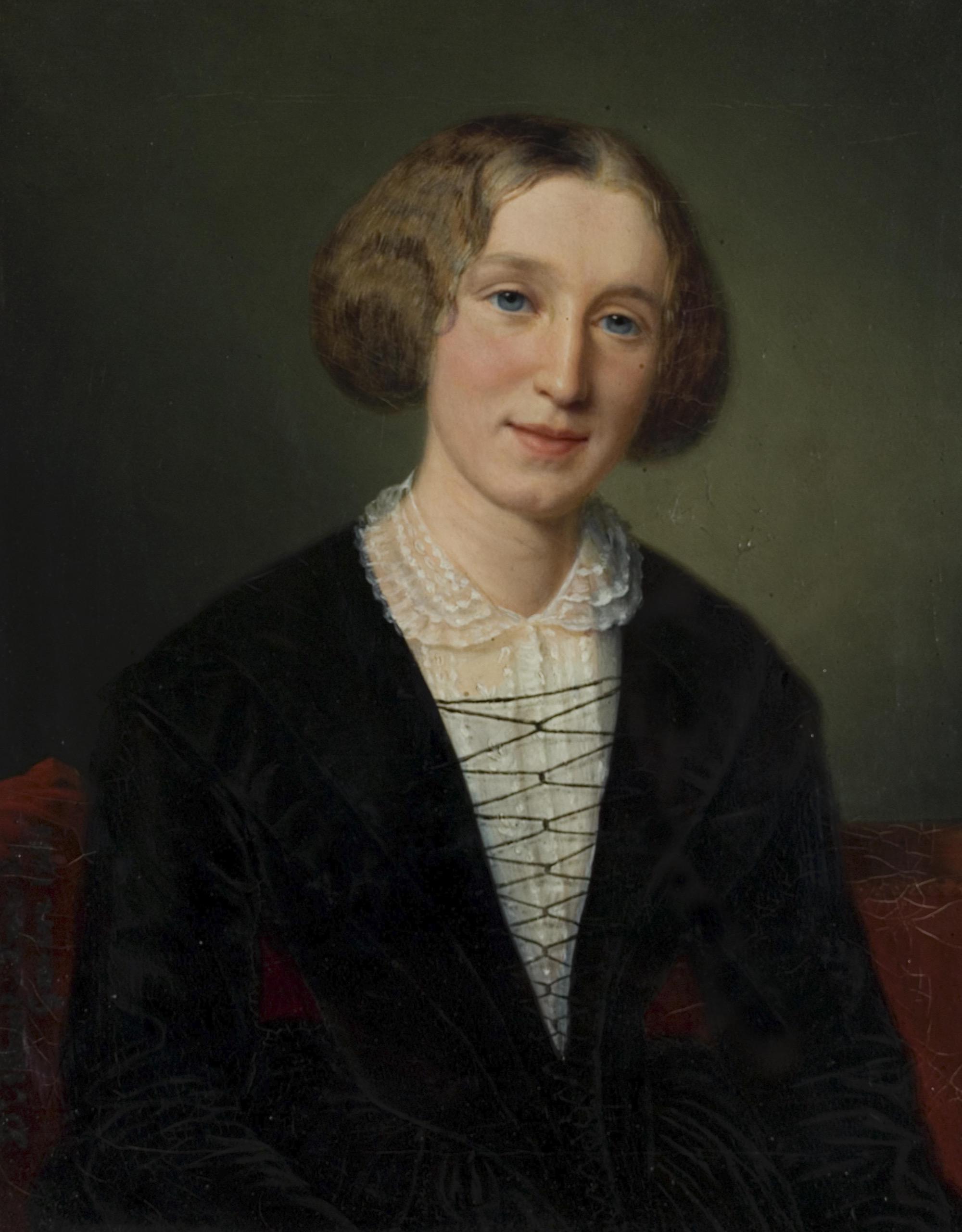For most, tragedy means a life of pain and suffering. For Nietzsche, the paradox of life’s tragedy means being pulled in two directions: a desire to surrender ourselves to our suffering and a reciprocal need to represent and express it. But for Baldwin, life can transcend beyond this tragic binary. Phillip E. Mitchell argues that it is authors like Baldwin that teach us about moments of astonishment, where we can move beyond both pain and language, beyond the impulse to destroy and distil. When we stop seeing art as an attempt to make our suffering beautiful, we are released from tragedy’s causal chain of suffering, and we can achieve freedom. Jazz sings suffering. Born out 19th century blues, with its improvisations and wild rhythms, it expresses the alienation and despair of Black Americans in the aftermath of slavery, Jim Crow America, and the Civil Rights Movement.Novelist and short story writer James Baldwin is attuned to jazz’s power to communicat…
Read the full article which is published on IAI TV (external link)







